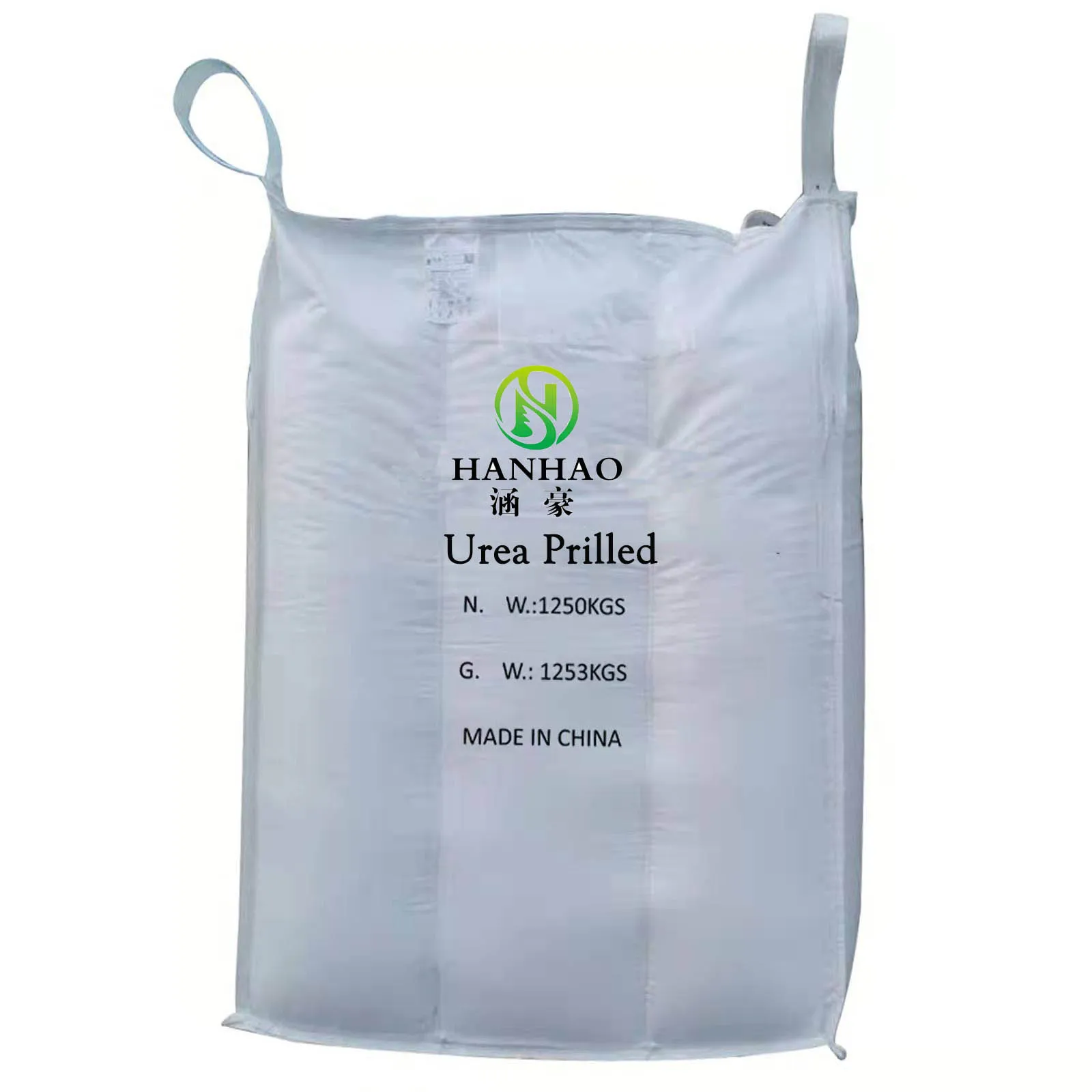
Th11 . 07, 2024 11:31 Back to list
Overview of Fertilizer Production Facilities and Their Impact on Agriculture
The Crucial Role of Fertilizer Factories in Modern Agriculture
Fertilizers are an essential component in modern agriculture, providing vital nutrients that enhance soil fertility and increase crop yields. The rise of fertilizer factories has revolutionized farming practices across the globe, enabling farmers to produce more food than ever before. This article explores the significance of fertilizer factories, their production processes, and their impact on agricultural sustainability.
The Importance of Fertilizer in Agriculture
Fertilizers are chemical substances that supply essential nutrients to plants, primarily nitrogen (N), phosphorus (P), and potassium (K). These nutrients are crucial for plant growth, development, and reproduction. The demand for food has surged due to the world's growing population, necessitating higher agricultural outputs. Fertilizer factories play a vital role by producing various fertilizers that cater to different soil types and crop requirements.
The introduction of synthetic fertilizers in the early 20th century marked a turning point in agricultural productivity. These fertilizers can be formulated to meet specific nutrient needs, making them more effective than traditional organic fertilizers. As a result, farmers have been able to cultivate crops in previously unproductive areas, thereby contributing to global food security.
Production Processes in Fertilizer Factories
Fertilizer production involves several stages, from raw material extraction to final product distribution. The primary raw materials include natural gas, phosphate rock, potassium salts, and sulfur. The production processes can be categorized into two main types organic and inorganic fertilizers.
1. Inorganic Fertilizer Production This process typically begins with the extraction of raw materials. For example, nitrogen fertilizers are commonly produced using the Haber-Bosch process, which combines nitrogen from the air with hydrogen from natural gas to produce ammonia. Phosphate fertilizers are derived from phosphate rock through chemical processes that produce phosphoric acid. These substances are then mixed with other nutrients and formulated into various fertilizer products, such as granules or liquids.
fertilizer factories

2. Organic Fertilizer Production In contrast to synthetic fertilizers, organic fertilizers are made from natural materials, including animal manure, compost, and plant residues. Fertilizer factories that produce organic fertilizers often focus on minimizing environmental impact through sustainable practices, emphasizing the importance of maintaining soil health and biodiversity.
Environmental Considerations and Innovations
While fertilizer factories are crucial for meeting global food demands, they also pose environmental challenges. Excessive use of fertilizers can lead to soil degradation, water pollution, and greenhouse gas emissions. To mitigate these impacts, many fertilizer manufacturers are adopting innovative practices that prioritize sustainability.
One such approach is the development of slow-release fertilizers, which deliver nutrients to plants over an extended period. This reduces the risk of nutrient run-off and allows for more efficient nutrient uptake by crops. Additionally, advances in precision agriculture—such as soil testing and data analytics—enable farmers to apply fertilizers more accurately, optimizing their use and minimizing waste.
Furthermore, some factories are focusing on producing bio-based fertilizers, derived from renewable resources. These alternatives not only supply essential nutrients but also improve soil structure and enhance microbial activity, contributing to a more sustainable agricultural ecosystem.
Conclusion
Fertilizer factories are indispensable to modern agriculture, providing the necessary nutrients that drive crop production and food security. While their role in enhancing agricultural efficiency is undeniable, it is equally important to address the environmental challenges associated with fertilizer use. By embracing innovative practices and sustainable production methods, fertilizer factories can continue to support the agricultural sector while minimizing their ecological footprint. As we look to the future, the collaboration between farmers, researchers, and fertilizer manufacturers will be essential in balancing the need for food production with the preservation of our planet's health.
-
High-Efficiency Plant Soil Water Soluble Fertilizer Reliable Manufacturer
NewsApr.29,2025
-
High-Potassium Organic K Fertilizer 7-2-4 Supplier & Manufacturer
NewsApr.29,2025
-
10-54-10 High-Phosphate Fertilizer NPK Blend for Root Growth
NewsApr.28,2025
-
NPK 8-2-12-4 & 20-20-20 Compound Fertilizer Suppliers Crop Boost
NewsApr.28,2025
-
Premium 50 lb Fertilizer Bags Bulk Supplier & Factory Deals
NewsApr.28,2025
-
Different Types of NPK Fertilizer Manufacturer & Supplier Custom Blends
NewsApr.28,2025
